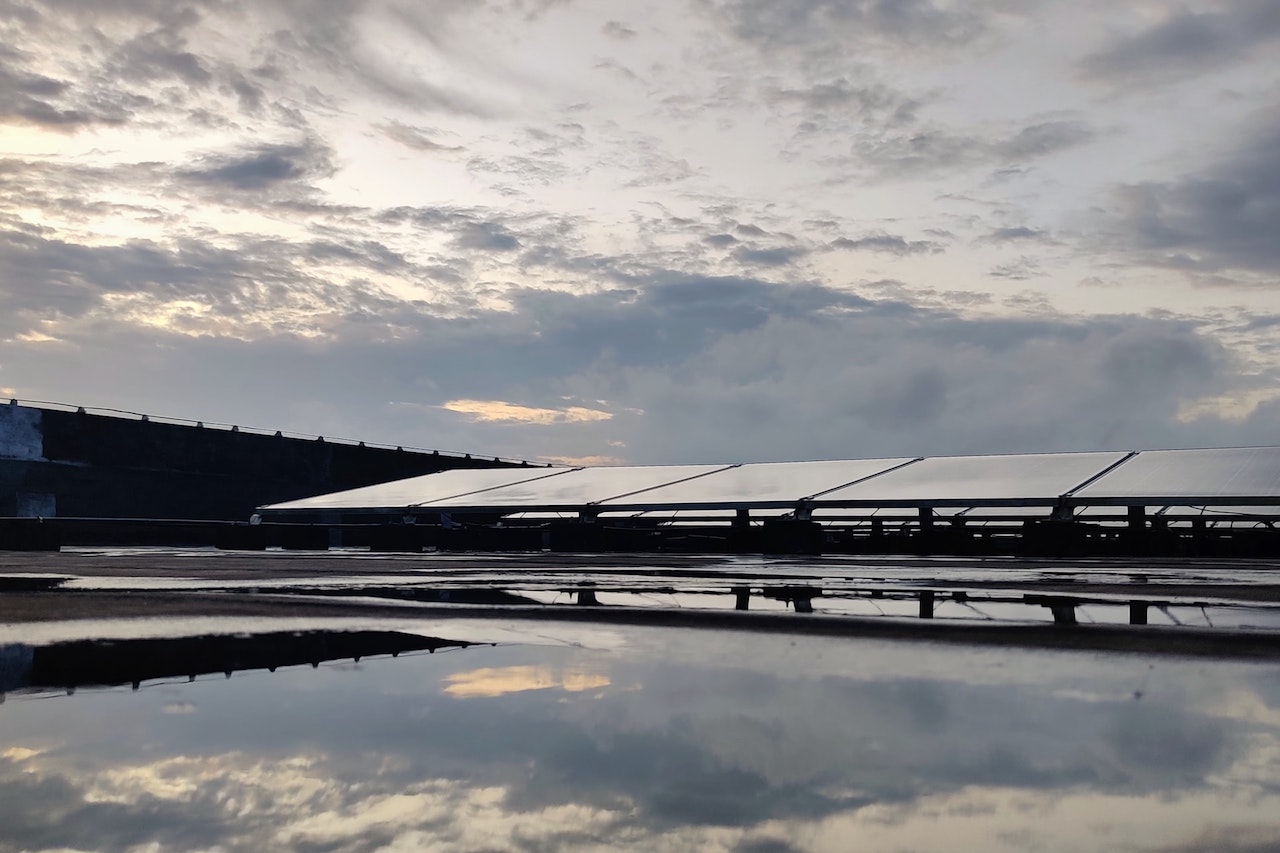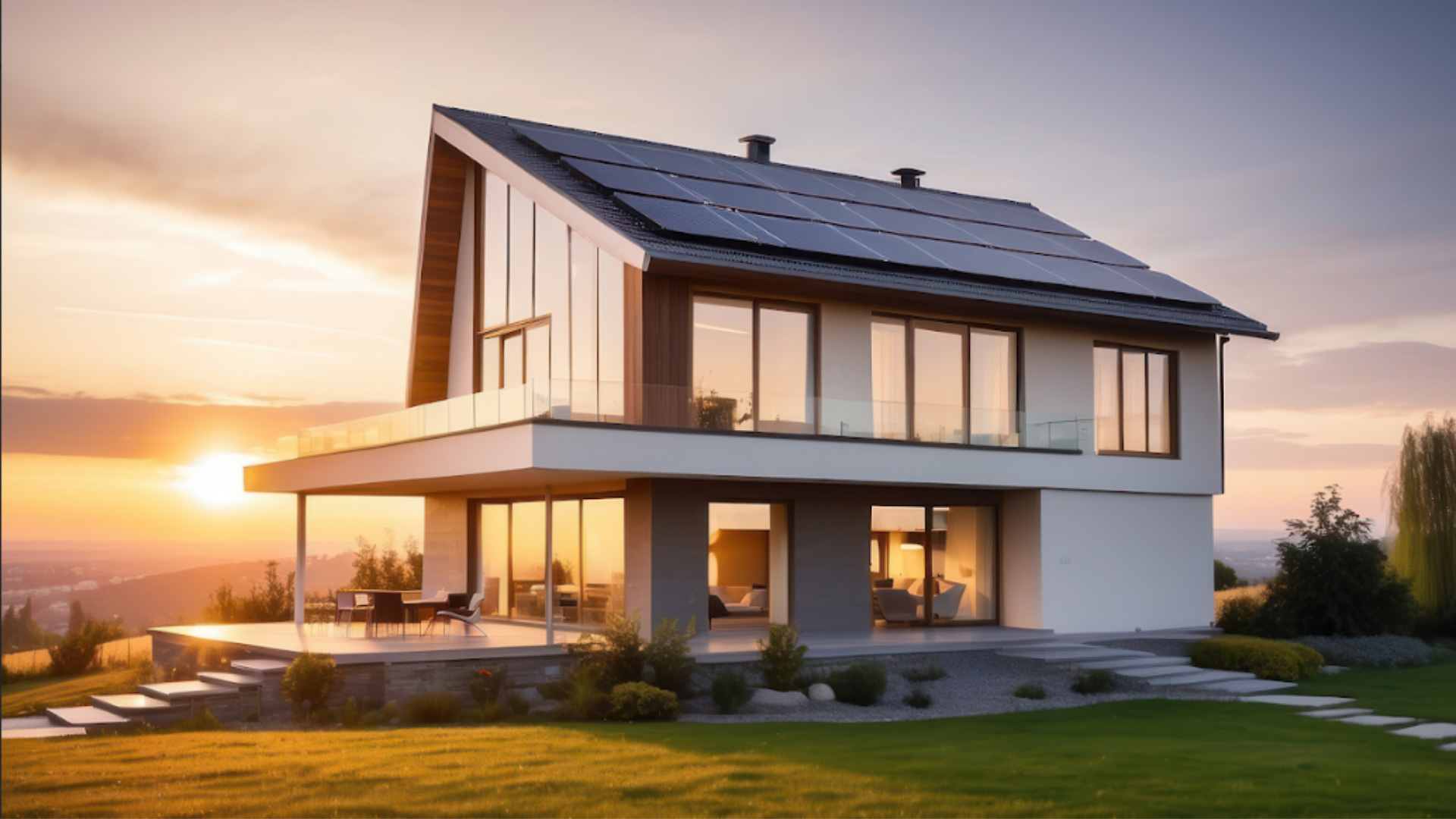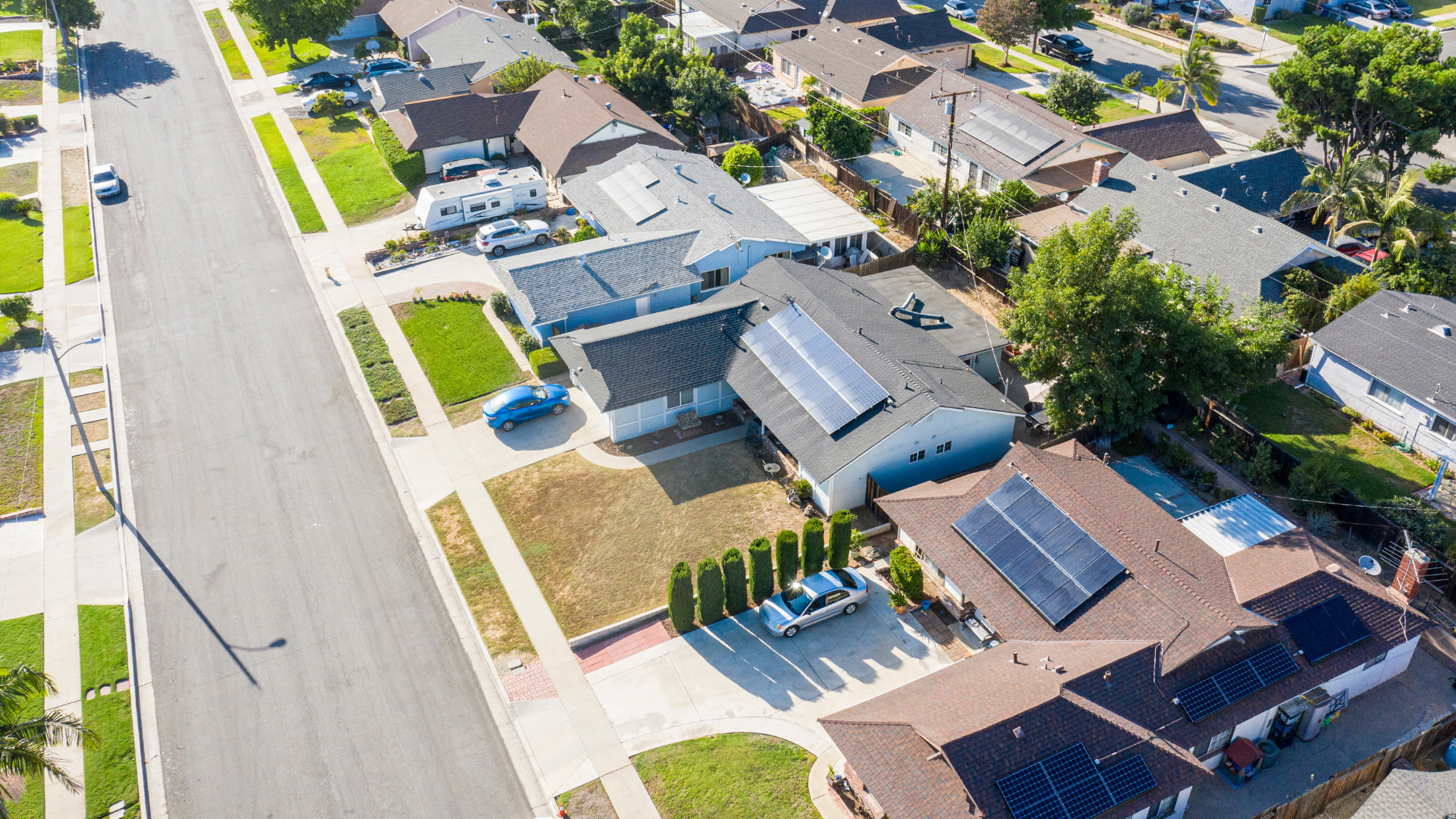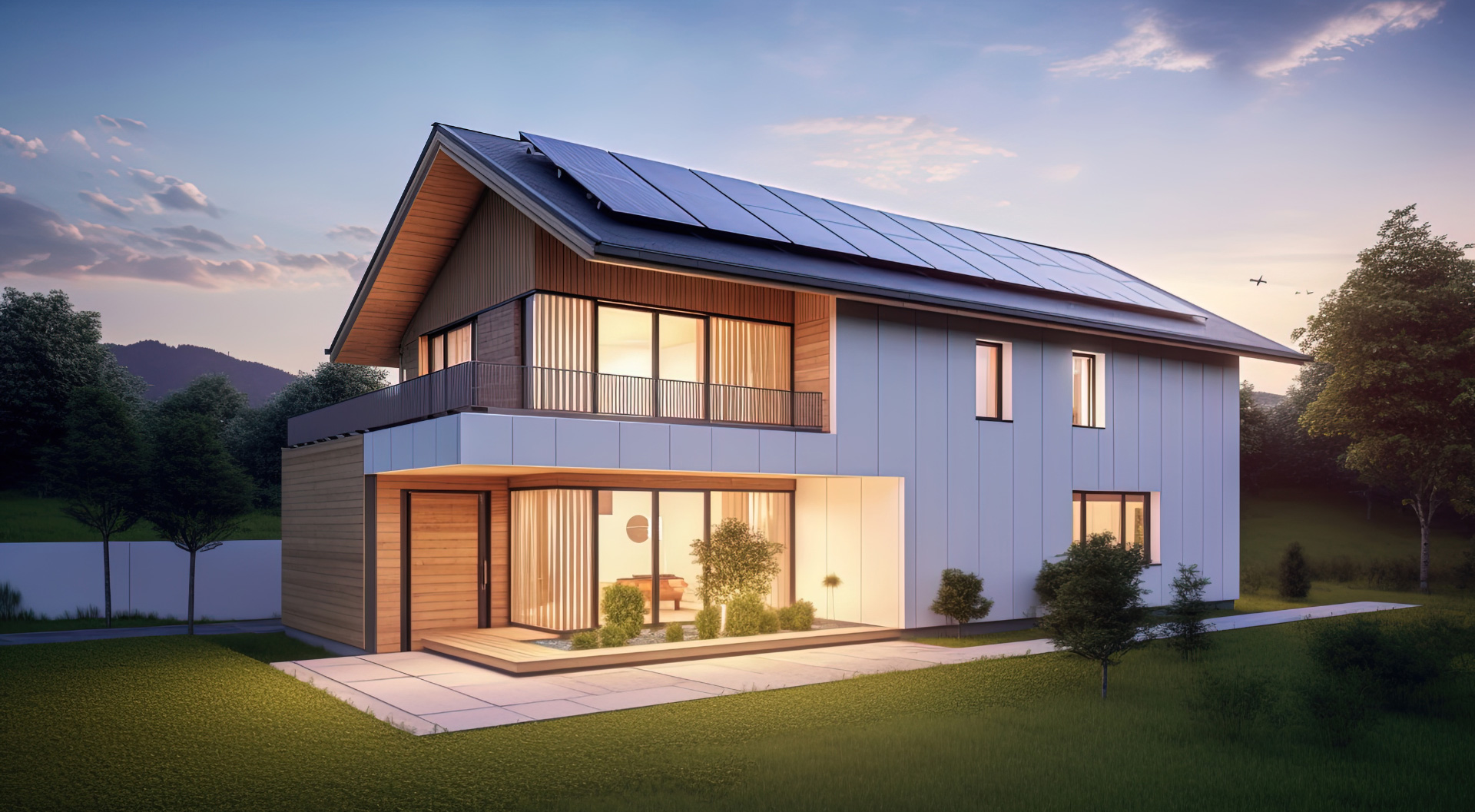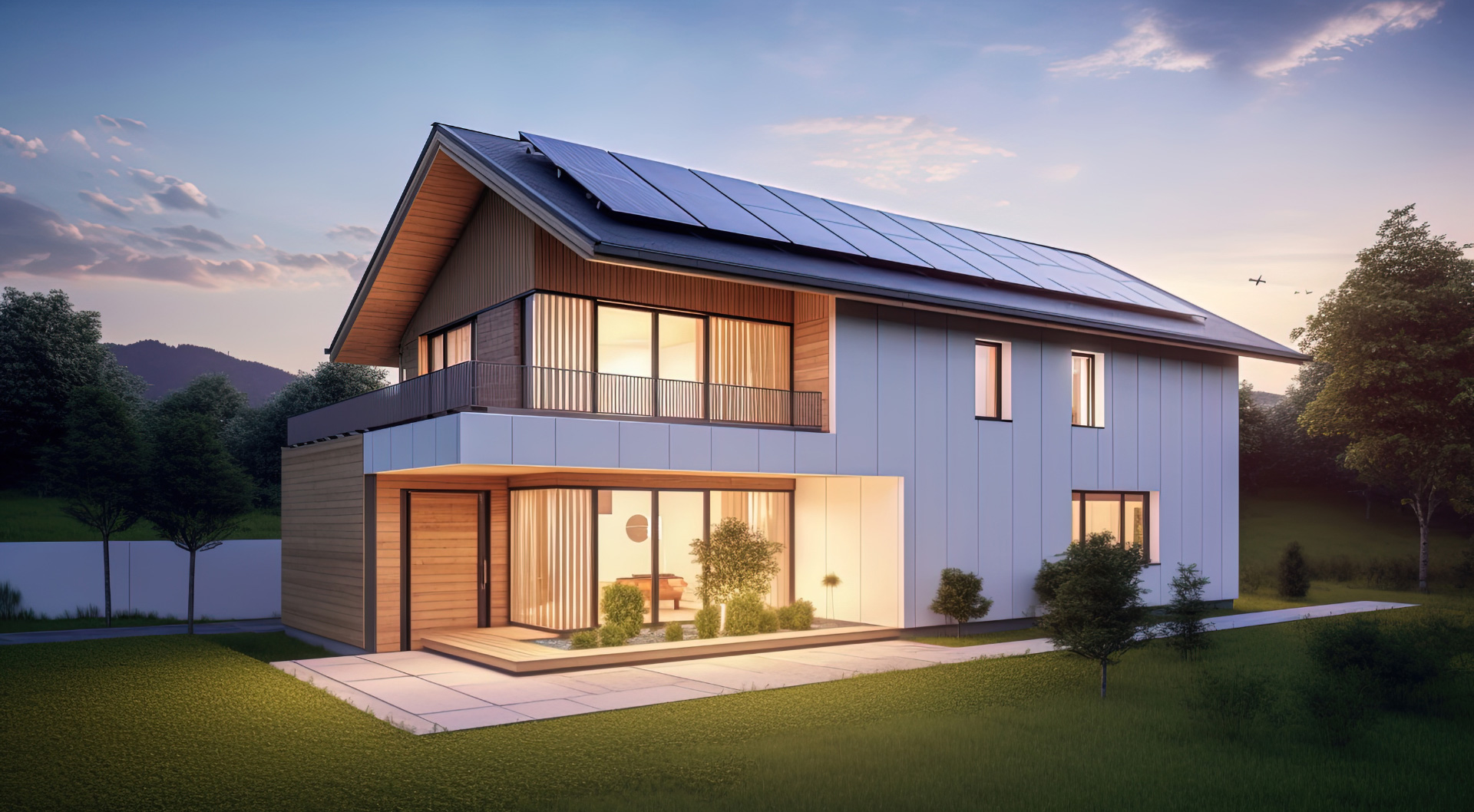Solar panels are critical to modern energy production. But their installations often involve huge investments and several doubts. Do solar panels work on cloudy days? How effective are residential solar panels on cloudy or rainy days? Do I need a backup system?
It’s natural for homeowners contemplating installing solar energy to wonder whether they are suitable for their homes. After all, nothing can be more frustrating than investing thousands of dollars on a solar setup only for it to produce little to no energy during winter or cloudy days.
Do Solar Panels Work on Cloudy Days?
Yes, solar panels do work on cloudy days. However, they may not be as efficient as they would on sunny days. Photovoltaic cells in solar panels can create electricity using direct and indirect sunlight. These cells work best when exposed to direct sunlight.
Also, while your panels won’t guarantee peak efficiency on cloudy days, clouds won’t hamper solar harvest ultimately. Some solar panels now come with net metering and battery systems that allow you to compensate for the losses on cloudy days. These solar storage features will ensure complete peace of mind while helping make your panel system all-weather-ready.
Net metering can help you maintain a steady connection with your local electricity grid. This will allow you to draw energy from the primary power grid whenever needed. You can also integrate the battery system into your solar panel array that uses unused energy to charge the battery. You can then utilize this energy later when the output is low.
The Efficiency of Solar Panels on Cloudy Days
As aforementioned, you will experience a significant energy reduction from your solar panels on cloudy days. Specifically, your panels may only provide 10-25% of the total energy output on cloudy days compared to sunny days.
However, if the clouds bring rain, this can benefit the solar panels because rain washes away dirt and dust that may have gathered on the panels. Clean and clear solar panels absorb sunlight more efficiently, allowing you to harvest and store more energy. But you’ll almost certainly see no power during heavy thunderstorms.
One interesting phenomenon called the edge of cloud effect can increase the energy output of your solar panels on cloudy days. Puffy broken clouds can bend light around the edges, creating spikes in power production. The scattered light on the cloud’s edges also adds to the solar light, producing more power within short periods.
Fog can also be a classification of a “cloudy day,” which generally burns off throughout mid-morning. Solar panel efficiency can typically be at 50% until the sun returns but commonly doesn’t last long in terms of fog and efficiency.
Solar + Battery Storage for Extra Assurance
Cloud cover shouldn’t be cause for concern when investing in solar. The overall energy output might occasionally drop but that we guarantee our solar panels will overproduce.
We also recommend pairing your solar PV system with one of our battery storage solutions. This will allow your home to store even more of the energy that your system produces and use it for times when production levels drop or when power is unavailable.
Download your free copy of “Living With Solar” to learn more about the solar lifestyle today!


